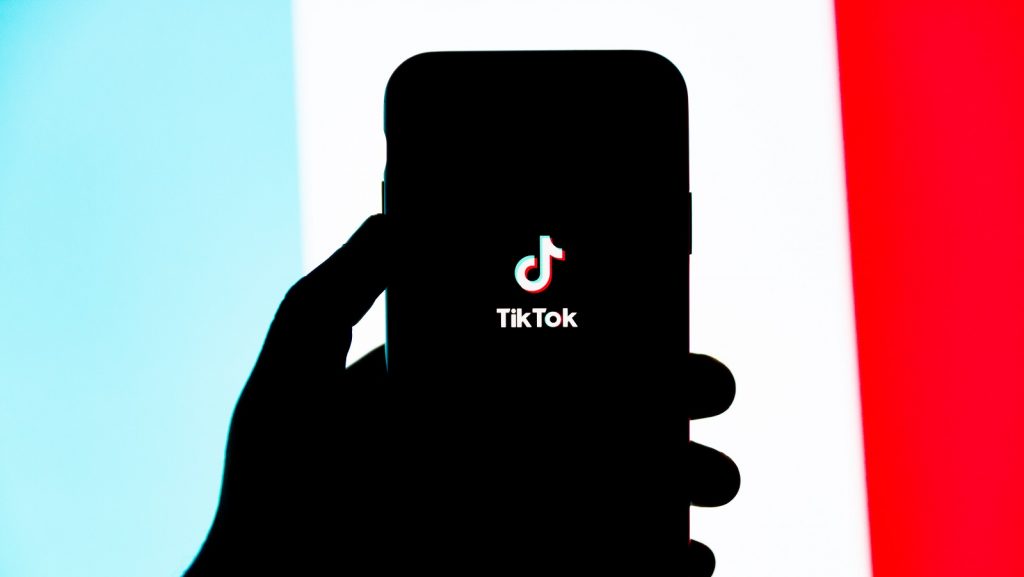Washington and Beijing Reach an Agreement
The long-running dispute over TikTok’s ownership is finally nearing resolution. U.S. and Chinese officials have confirmed a framework that would shift control of TikTok’s U.S. operations from ByteDance to a consortium of American investors. The deal, valued at roughly $14 billion, ends months of uncertainty over whether the app would face a nationwide ban.
U.S. Treasury Secretary Scott Bessent told reporters, “We reached a final deal on TikTok. We reached one in Madrid, and I believe that as of today, all the details are ironed out, and that will be for the two leaders to consummate that transaction on Thursday in Korea.
No ad to show here.
” He added, “My remit was to get the Chinese to agree to approve the transaction, and I believe we successfully accomplished that over the past two days.”
The transaction still requires formal sign-off from regulators in both countries, but insiders describe it as a “done deal in principle.”
What the New Structure Looks Like
Under the plan, TikTok’s U.S. business will become a separate entity governed by a predominantly American board. Oracle, already TikTok’s cloud-security partner, is expected to handle all U.S. user-data storage and oversight. ByteDance will retain a small minority stake but lose operational control.
An Oracle executive familiar with the talks said the goal is to “ensure that TikTok U.S. operates as a trusted, transparent platform that meets both user expectations and national-security standards.”
Why It Matters
The sale reflects growing concern about data sovereignty and algorithmic influence. TikTok’s recommendation engine is among the most advanced in the world, yet China treats it as a restricted export. The new agreement allows the U.S. entity to operate a licensed version of the algorithm locally, with transparency requirements and compliance audits.
Analysts see this as the beginning of an era where global platforms are increasingly regionalised, each tailored to local data and governance rules.
Impact for South Africa and the Rest of the World
TikTok remains one of South Africa’s most influential apps, with over six million active users. Local creators are watching the U.S. developments closely, since any future split between regional versions could affect global reach and monetisation.
Digital-rights experts in Johannesburg note that the deal could accelerate data-localisation policies in Africa. If the U.S. and China are building firewalls around social data, countries like South Africa may push for similar controls to protect user information and advertising value chains.
The Global Signal
Beyond the business headlines, the TikTok framework sends a clear message: data is now as politically sensitive as oil or currency. Governments are no longer content to regulate tech companies—they are demanding a stake in how digital ecosystems are built and governed.
Whether this new TikTok structure stabilises the platform or fragments the global social-media map remains to be seen. But one thing is clear: the age of borderless apps is ending, and the next phase of the internet will be defined by national rules, not global reach.
